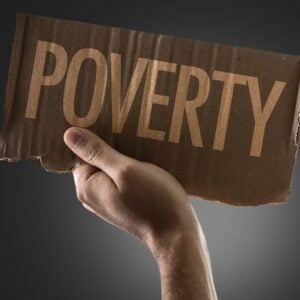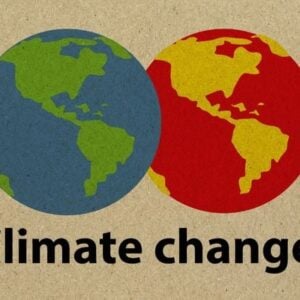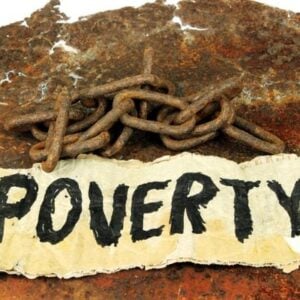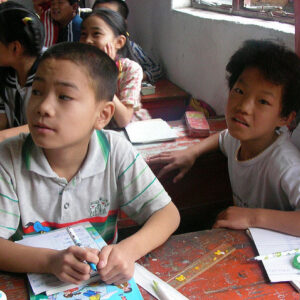The Global Multidimensional Poverty Index (MPI) Report 2025, released by the UN Development Programme (UNDP) and the University of Oxford, reveals how the accelerating climate crisis is reshaping global poverty patterns. Despite historic achievements in poverty reduction, millions are now increasingly vulnerable to climate-related threats. The report found that of 6.3 billion people across 109 countries, about 1.1 billion (18.3%) live in acute multidimensional poverty, with 887 million (78.8%) residing in areas affected by at least one major climate hazard—high heat, drought, floods, or air pollution. The intersection of poverty and climate exposure is particularly acute in South Asia and sub-Saharan Africa, where environmental risks compound existing socioeconomic inequalities.
South Asia stands out as both a success story and a region at risk. The World Bank’s Poverty and Equity Briefs (2025) noted that India lifted 171 million people out of extreme poverty, and income inequality declined significantly. However, the UNDP MPI report warns that 99.1% of South Asia’s poor—about 380 million people—live in areas exposed to at least one climate hazard, with the majority facing multiple risks each year. India, Bangladesh, and Pakistan are especially vulnerable to rising temperatures, floods, and air pollution, threatening to undo years of development progress. The region has witnessed devastating events such as Punjab’s worst floods in decades, flash floods in Uttarakhand (India) and Khyber Pakhtunkhwa (Pakistan), and other climate-induced disasters that continue to erode livelihoods.
In 2024 alone, Asia recorded more than 160 natural disasters, including severe storms, floods, heat waves, and earthquakes—causing over USD 32 billion in losses, according to Belgium’s Emergency Events Database. The Coalition for Disaster Resilient Infrastructure (CDRI) estimates that infrastructure worth USD 124 billion in Nepal is at risk from climate-related damage. The MPI report projects that poorer countries will face even greater temperature increases, with South Asia potentially enduring up to 92 additional high-heat days per year by the end of the century under a high-emission scenario.
Despite these mounting challenges, South Asia’s progress in poverty reduction remains remarkable. Between 2005 and 2021, India’s poverty rate fell from 55.1% to 16.4%, lifting 414 million people out of poverty. Bangladesh reduced its poverty rate from 30.5% in 2014 to 11.5% in 2022, while Nepal saw a similar drop from 58.3% in 2006 to 16.4% in 2022. These “momentous reductions,” according to UNDP and Oxford, demonstrate the potential for large-scale poverty alleviation even in lower-middle-income economies.
However, the report cautions that climate shocks could reverse these hard-won gains unless countries act swiftly to integrate resilience into development planning. It urges South Asia to lead the next global phase of poverty reduction—one that merges economic growth with robust climate adaptation and protection measures—to secure a sustainable and inclusive future for its people.







